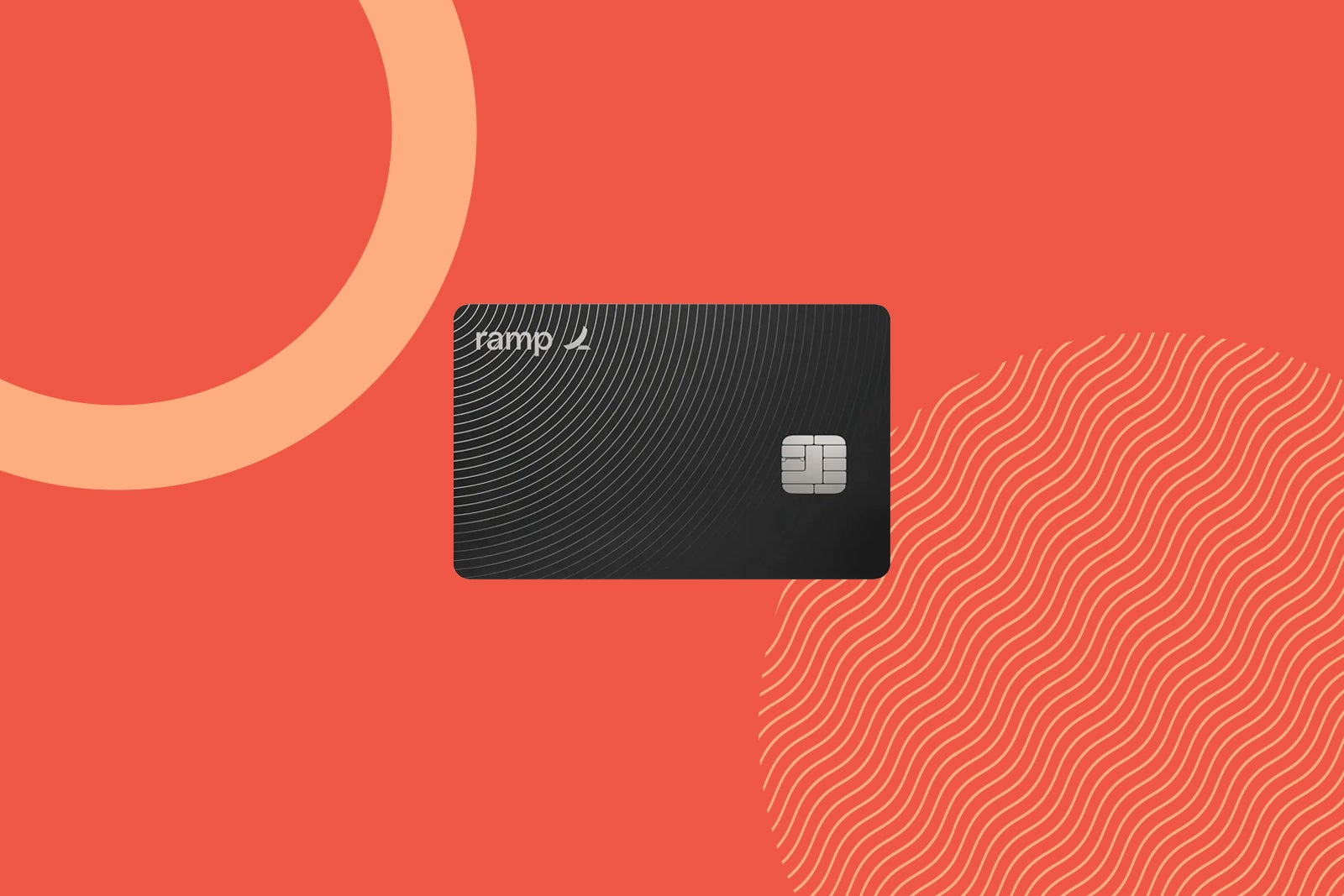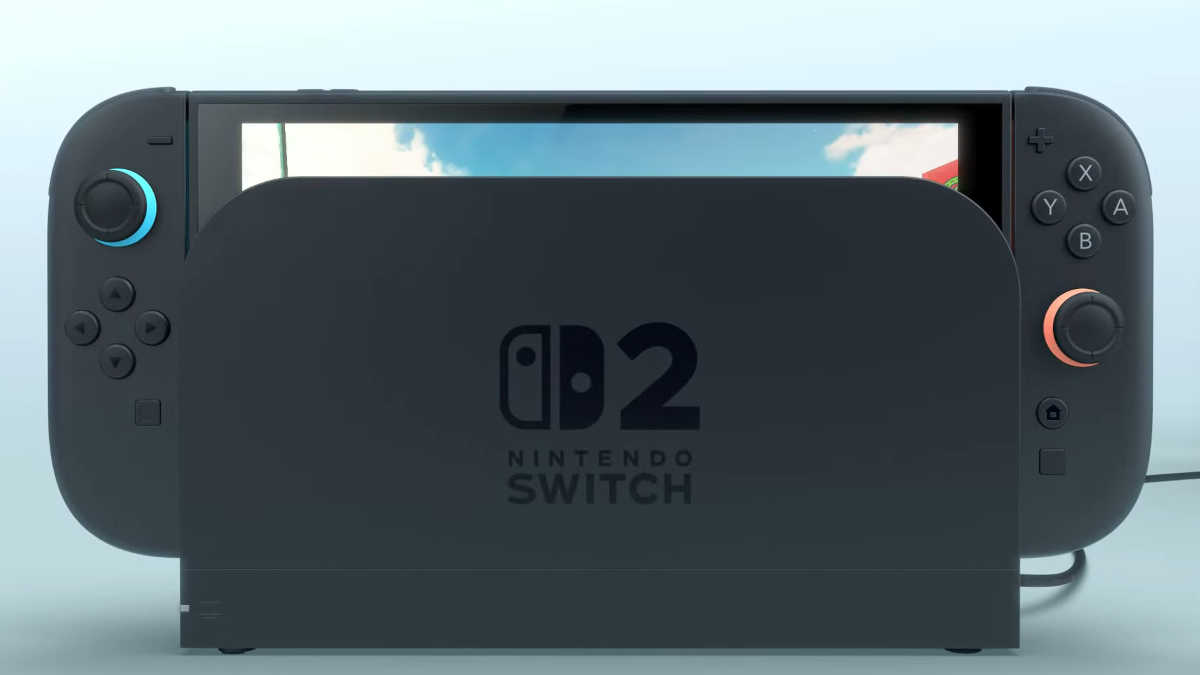Ramp Business Card review: A corporate charge card with limited perks
Ramp Business Card overview The Ramp Business Card makes the most sense for corporations, limited liability companies, and limited partnerships seeking a no-annual-fee, streamlined solution for expense management. However, factors like a lack of a welcome bonus and no elevated reward rates in business-specific categories place the Ramp Card at the back of the pack when compared …

Ramp Business Card overview
The Ramp Business Card makes the most sense for corporations, limited liability companies, and limited partnerships seeking a no-annual-fee, streamlined solution for expense management. However, factors like a lack of a welcome bonus and no elevated reward rates in business-specific categories place the Ramp Card at the back of the pack when compared to other business cards on the market. Card Rating*: ⭐⭐⭐½
*Card rating is based on the opinion of TPG’s editors and is not influenced by the card issuer.
Business owners looking for a straightforward way to track their business expenses without shelling out for an annual fee may benefit from holding the Ramp Card. This corporate charge card is a bit different from some business credit cards in that it requires the balance to be paid in full each billing cycle instead of allowing cardholders to carry a balance.
To qualify for the Ramp Card, your enterprise must be registered in the U.S. and have a physical U.S.-based address (note that P.O. boxes, virtual addresses and mail-forwarding addresses do not qualify). Additionally, though Ramp does allow international transactions, most of your business operations and related spending should occur stateside.
Finally, your business must be a corporation, an LLC or an LP to qualify for the Ramp Card. Individuals, sole proprietors and other unregistered businesses do not qualify for this product.
Ramp Card pros and cons
| Pros | Cons |
|
|
Ramp Card welcome offer
The Ramp Card doesn’t feature a standard welcome offer for new applicants like we see on other business and personal cards.

If you want a business card with a welcome bonus that will net you points, miles or cash back, the Ramp Card is not for you.
Related: What is a corporate credit card, and how does it work?
Ramp Card benefits
The Ramp Card is part of the Ramp finance operations platform, which features integrated software to help manage business spending across all cards issued to your enterprise.
One great feature of this card is that you can get an unlimited number of employee cards — both virtual and physical — for free. This also enables you or a designated account manager to supervise and control individual and company-wide spending. The Ramp Card also provides access to real-time spend data.

Ramp software allows you to control which preapproved merchants your employees can make purchases at and set spend limits as needed. Those seeking a one-size-fits-all platform where they can manage all the financial aspects of their business spending can enjoy Ramp’s one-stop shop approach.
Related: What credit score do you need for business credit cards?
Ramp helps you automate expense tracking and even reimbursement for instances when your employees make business-related purchases with a non-Ramp card.
Additionally, the Ramp Card doesn’t require a personal guarantee. This means that if your business (as its own entity) isn’t able to pay the debt accrued on the card, you as an individual are not liable for that debt.
Earning cash back with the Ramp Card
The Ramp Card earns up to 1.5% cash back on all spending, which can be lucrative, especially since there’s no cap on the amount of cash back you can earn.
Redeeming cash back with the Ramp Card
You can redeem your Ramp Card cash back as a statement credit or Ramp Plus payment (for those who are subscribed to this optional, paid platform), transfer it to airline and hotel loyalty programs or put it toward gift cards.
Ramp offers step-by-step instructions on redeeming your cash-back rewards across the options listed above.
Transferring rewards with the Ramp Card
If you want to use your Ramp Card cash back as travel reward currency, there are a few things to keep in mind. First, the loyalty program member ID needs to be identical to your name within Ramp’s system.
For example, if your name in Ramp’s system is “Elizabeth Smith” and your member ID for an airline loyalty program is “Liz Smith,” you will not be able to convert your Ramp cash back into airline miles.

Next, select the loyalty program you want to transfer your cash back to, type out the member ID for that loyalty program and then specify the number of points you want to transfer (there’s a minimum of 100 points required each time you make a transfer).
Once you’ve designated a set number to transfer, you should see that figure in your loyalty program account within two business days.
As of publish time, TPG hasn’t been able to confirm what specific travel loyalty programs are transfer partners of the Ramp Card, but some outlets have reported that the list includes:
- Air France-KLM Flying Blue
- Avianca LifeMiles
- British Airways Club
- Marriott Bonvoy
- Wyndham Rewards
It’s reported that all Ramp rewards transfer to partners at a 1.5:1 ratio.
Which cards compete with the Ramp Card?
If you want a business card that comes with a welcome bonus and offers elevated reward rates in popular categories, as well as the ability to earn valuable and transferable travel rewards, consider one of the following options.
- If your focus is on earning travel rewards for conducting business abroad: The Business Platinum Card® from American Express features solid travel perks (like Centurion Lounge access) and earns Membership Rewards points that transfer to several airline and hotel partners. This card also features lots of business- and travel-related statement credits that help offset its hefty $695 annual fee (see rates and fees), making it a great companion for the frequent business traveler. To learn more, read our full review of the Amex Business Platinum.
- If you’re looking to maximize your business spending: Consider Chase’s Ink Business Preferred® Credit Card (see rates and fees), which has an excellent welcome bonus, a manageable $95 annual fee and solid earning rates in popular business-related categories. Cardholders earn 3 points per dollar spent on travel, shipping expenses, internet, cable and phone service expenses and advertising purchases made with social media platforms and search engines (on the first $150,000 spent in combined purchases each year). To learn more, read our full review of the Ink Business Preferred card.
- If you want a simple cash-back business card with no annual fee: The Capital One Spark Cash Select might just be the perfect fit. This card earns unlimited 1.5% cash back across all purchases and 5% cash back on hotel and rental car purchases booked via Capital One Travel. The Spark Cash Select does require that you pay your balance off in full each billing cycle, making it ideal for business owners who are already in the habit of doing so. To learn more, read our full review of the Capital One Spark Cash Select.
For additional options, check out our full list of the best business credit cards.
Bottom line
The Ramp Card can provide solid value for a business owner who wants to work out of a proverbial one-stop shop. Those who prefer prioritizing streamlined business expense management and financial tracking over maximizing their business spending to earn rewards will find that the Ramp Card, coupled with the Ramp platform, is a powerful duo.
If you’re the type of entrepreneur who wants to maximize your business spending with every transaction, one of the alternative options listed above may better suit your needs.
Apply here: Ramp Business Card
Related: Do business credit cards affect personal credit?
For rates and fees of the Business Platinum Card from American Express, click here.















































































































































































.jpg)


.jpg)











































































